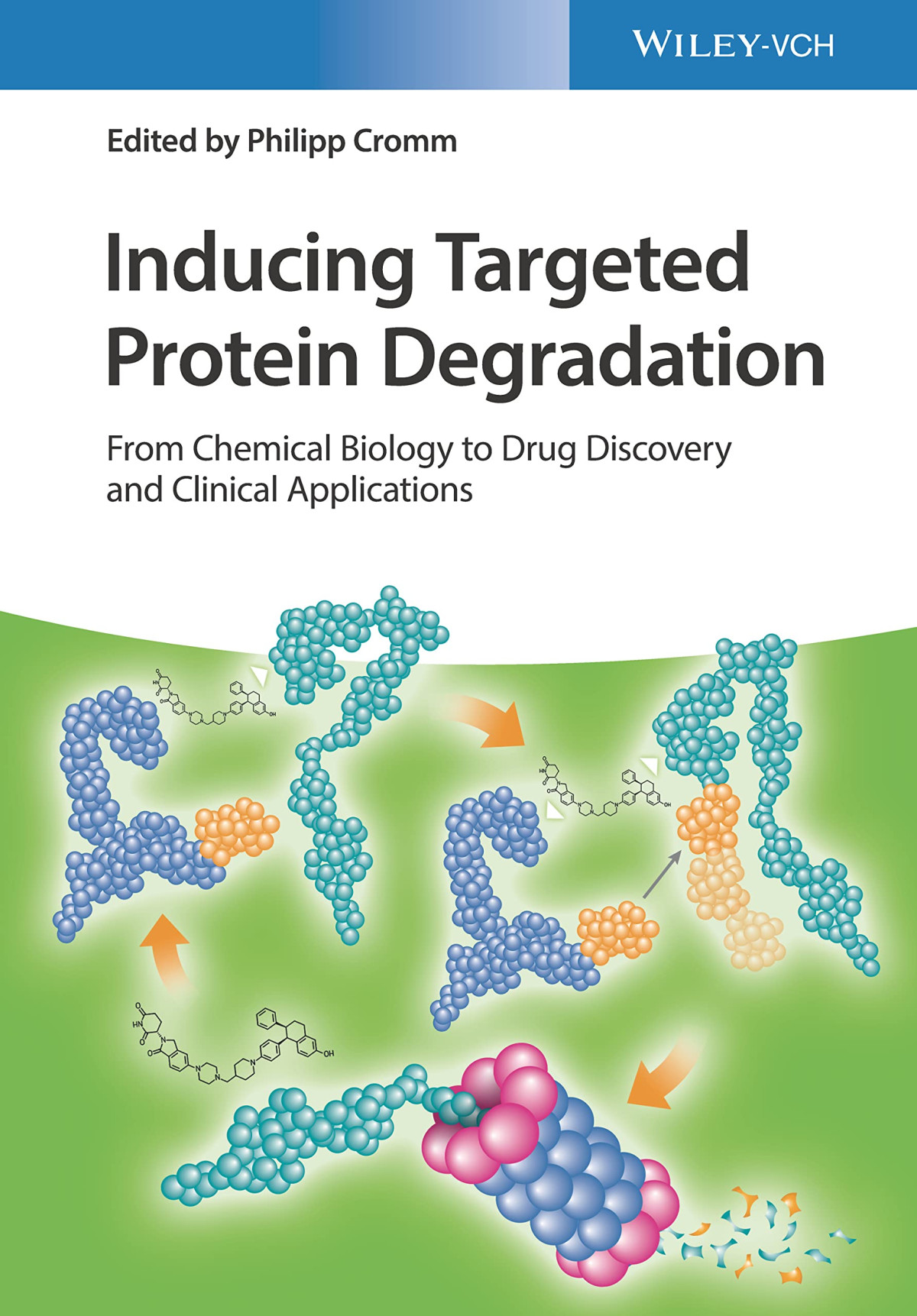

Most ebook files are in PDF format, so you can easily read them using various software such as Foxit Reader or directly on the Google Chrome browser.
Some ebook files are released by publishers in other formats such as .awz, .mobi, .epub, .fb2, etc. You may need to install specific software to read these formats on mobile/PC, such as Calibre.
Please read the tutorial at this link: https://ebookbell.com/faq
We offer FREE conversion to the popular formats you request; however, this may take some time. Therefore, right after payment, please email us, and we will try to provide the service as quickly as possible.
For some exceptional file formats or broken links (if any), please refrain from opening any disputes. Instead, email us first, and we will try to assist within a maximum of 6 hours.
EbookBell Team

4.7
46 reviewsEnables drug developers in academia and industry to expand the range of accessible drug targets through induced protein degradation.
Since the breakthrough of the PROTAC technology in 2015, targeted protein degradation has revolutionized drug discovery, enabling pharma companies to develop completely novel therapeutics. Inducing Targeted Protein Degradation is a timely guide to navigating the complexities of the subject and understanding its practical application, with an eye on expanding the druggable space.
In Inducing Targeted Protein Degradation, readers will find the most recent information on:
- Cellular mechanisms of targeted protein degradation and current approaches to utilize these mechanisms for drug discovery
- A comparison of different induced degradation approaches, including PROTAC, molecular glues, LYTACs and ATTECs as well as additional post translational modifications
- Drug development aspects such as DMPK optimization and criteria for the selection of clinical candidates
- A discussion of the potential of targeted degradation for expanding the druggable space
Inducing Targeted Protein Degradation will serve as a practice-oriented reference on induced protein degradation for drug discovery professionals and for researchers employing chemical biology approaches.